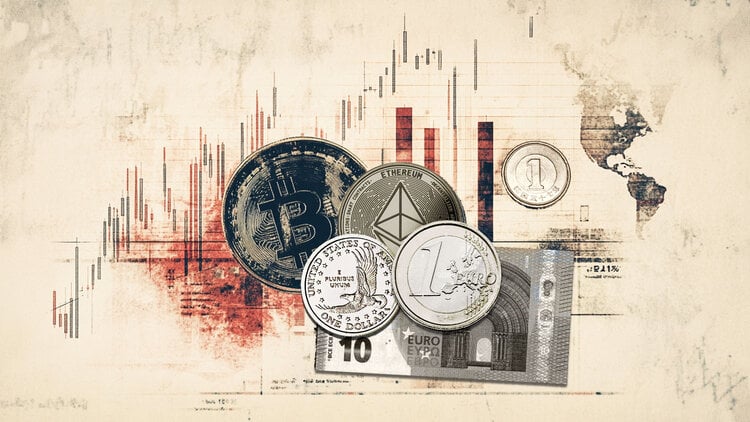The euro zone is expected to grow more than expected this year, avoiding a technical recession, but the outlook for the bloc remains weak, as high inflation and aggressive interest rate hikes are expected to affect economic activity, according to a document on economic projections from the European Commission published this Monday (13).
In the winter edition of its projections report, the Commission – the European Union’s executive arm – now expects the Gross Domestic Product (GDP) of the euro zone to grow by 0.9% in 2023. more modest, 0.3%.
The better performance is due to the slowdown in energy prices, which helped to reduce inflationary pressures in recent months.
“Continued diversification of supply sources and a sharp drop in consumption have left gas storage levels above the seasonal average of recent years, and wholesale gas prices have fallen well below pre-war levels,” says the Commission” , referring to Russia’s conflict in Ukraine.
While the outlook for 2023 has improved, the 0.9% gain in GDP expected for this year marks a sharp cooling off of the 3.5% expansion the euro zone recorded in 2022.
“As inflationary pressures persist, monetary tightening is likely to continue, weighing on business activity and impacting investment,” says the report.
In early February, the European Central Bank (ECB) raised its interest rate for deposits by 50 basis points, to 2.50%, and forecast an increase of the same magnitude for March.
For 2024, the Commission reiterated its projection that the euro zone’s GDP should grow by 1.5%.
Euro zone inflation is expected to remain high this year, but not as high as imagined three months ago.
With oil and gas prices moderating, the Commission now forecasts that the eurozone consumer price index (CPI) will rise by 5.6% in 2023, up from a previous projection of 6.1% . For the coming year, the CPI forecast has been adjusted slightly downwards from 2.6% to 2.5%.
Also in the report, the Commission assesses that the peak of the CPI in the euro zone is probably behind us, after three consecutive months of deceleration. On the other hand, the core of the CPI, which disregards energy and food prices, has not yet reached its peak, says the EU’s executive arm.
After reaching an all-time high of 10.6% in October last year, the euro zone’s CPI lost strength in the following months, reaching 8.5% in January. The rate, however, remains well above the ECB’s inflation target, which is 2%.
Source: CNN Brasil
I am an experienced journalist, writer, and editor with a passion for finance and business news. I have been working in the journalism field for over 6 years, covering a variety of topics from finance to technology. As an author at World Stock Market, I specialize in finance business-related topics.







